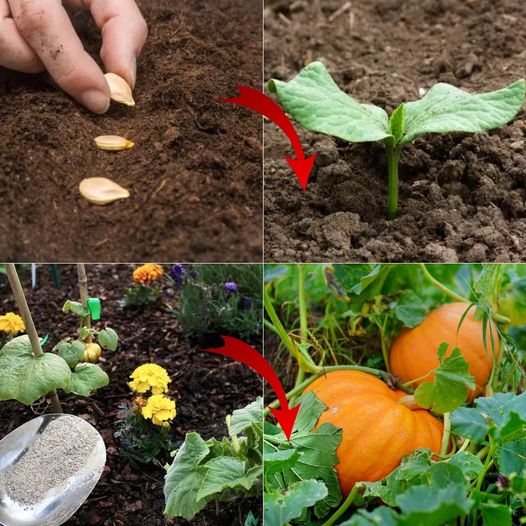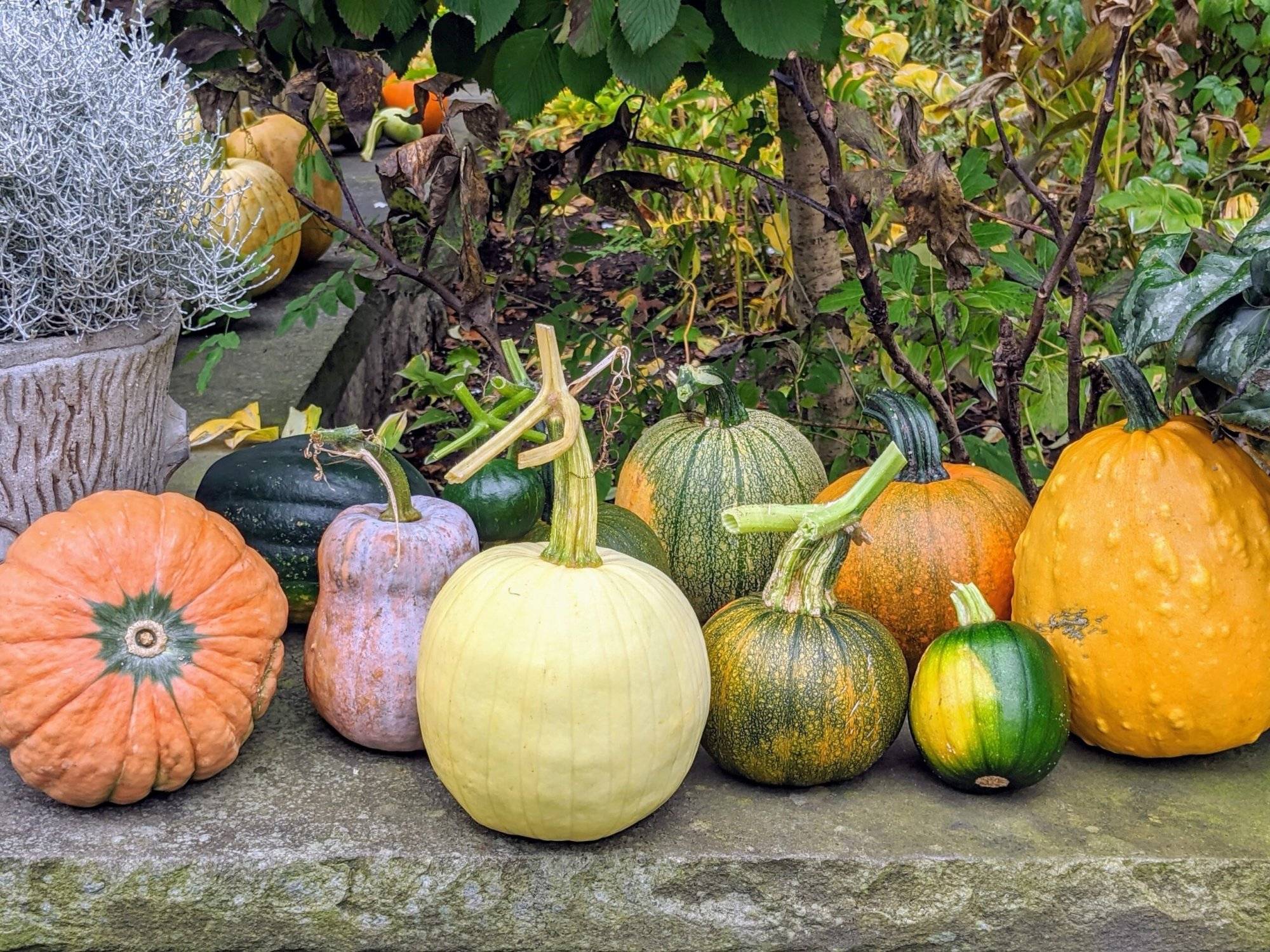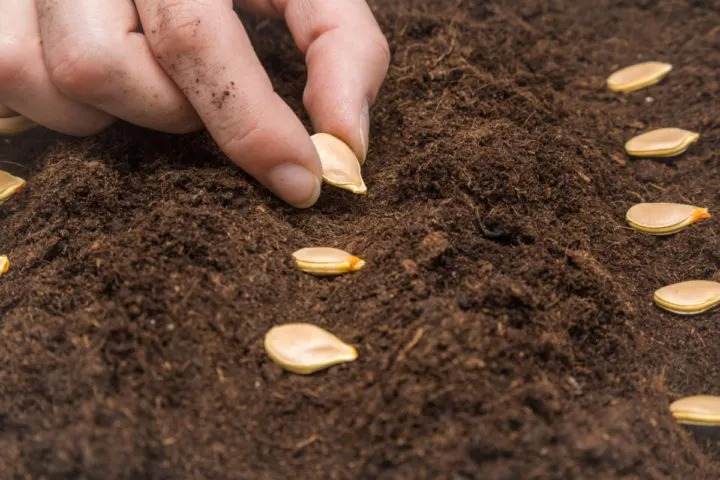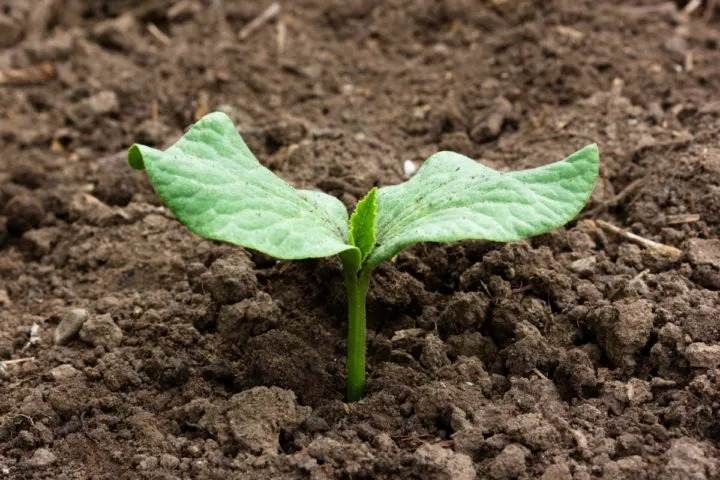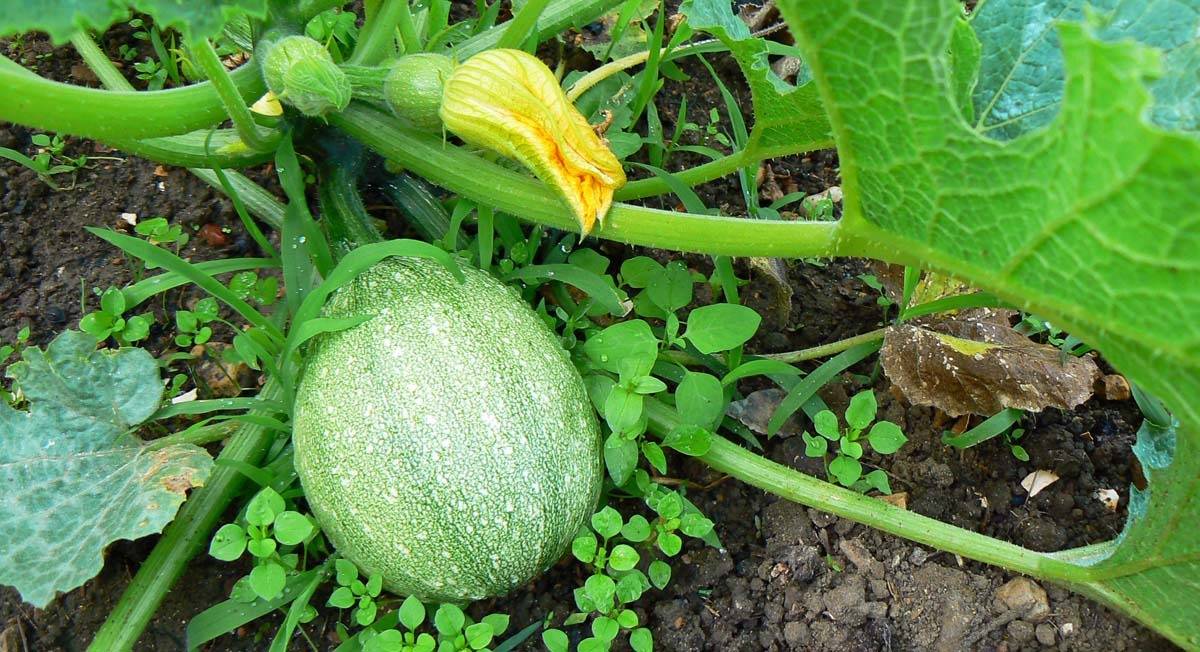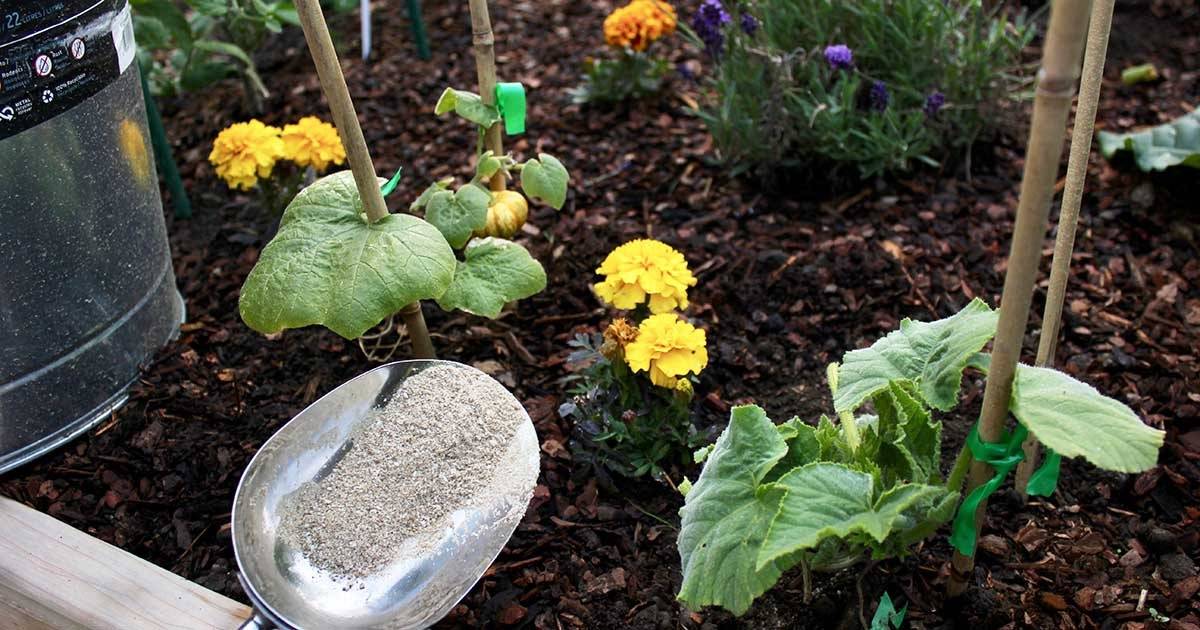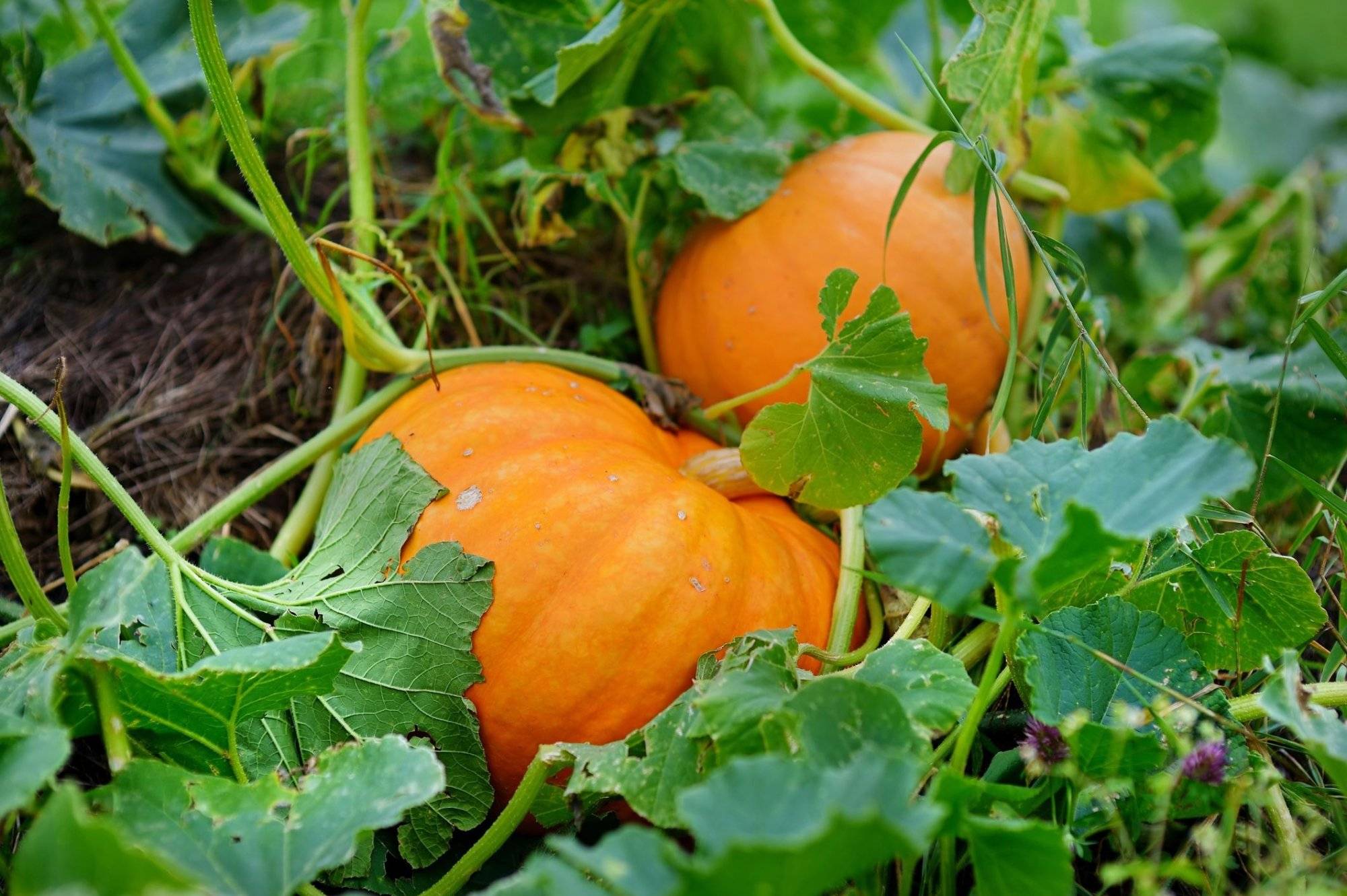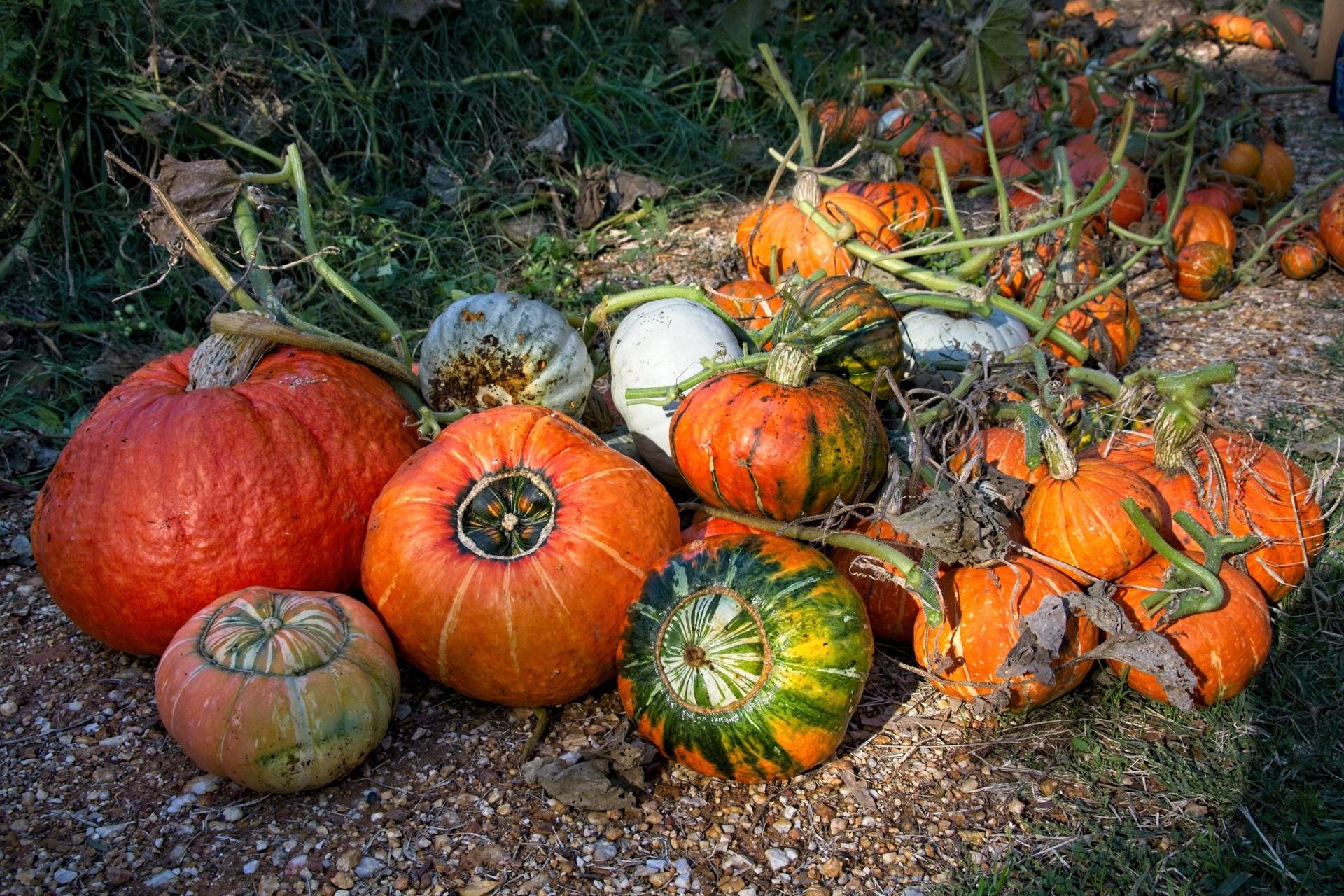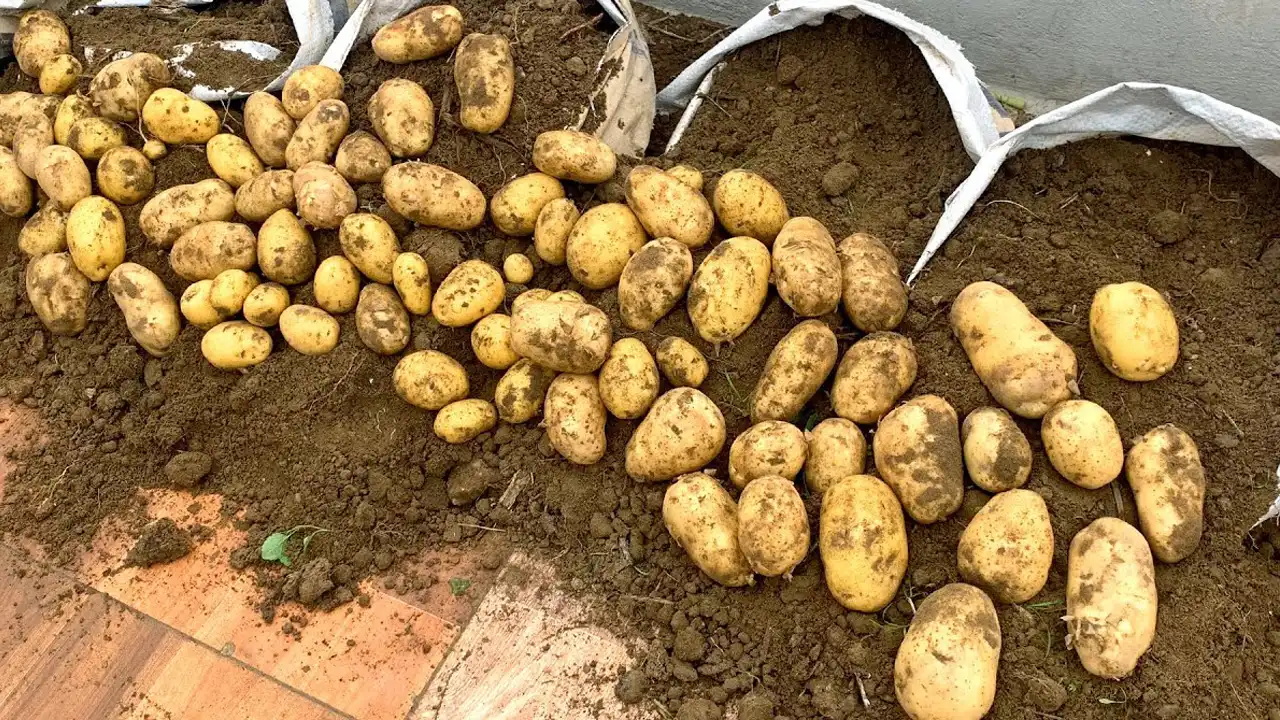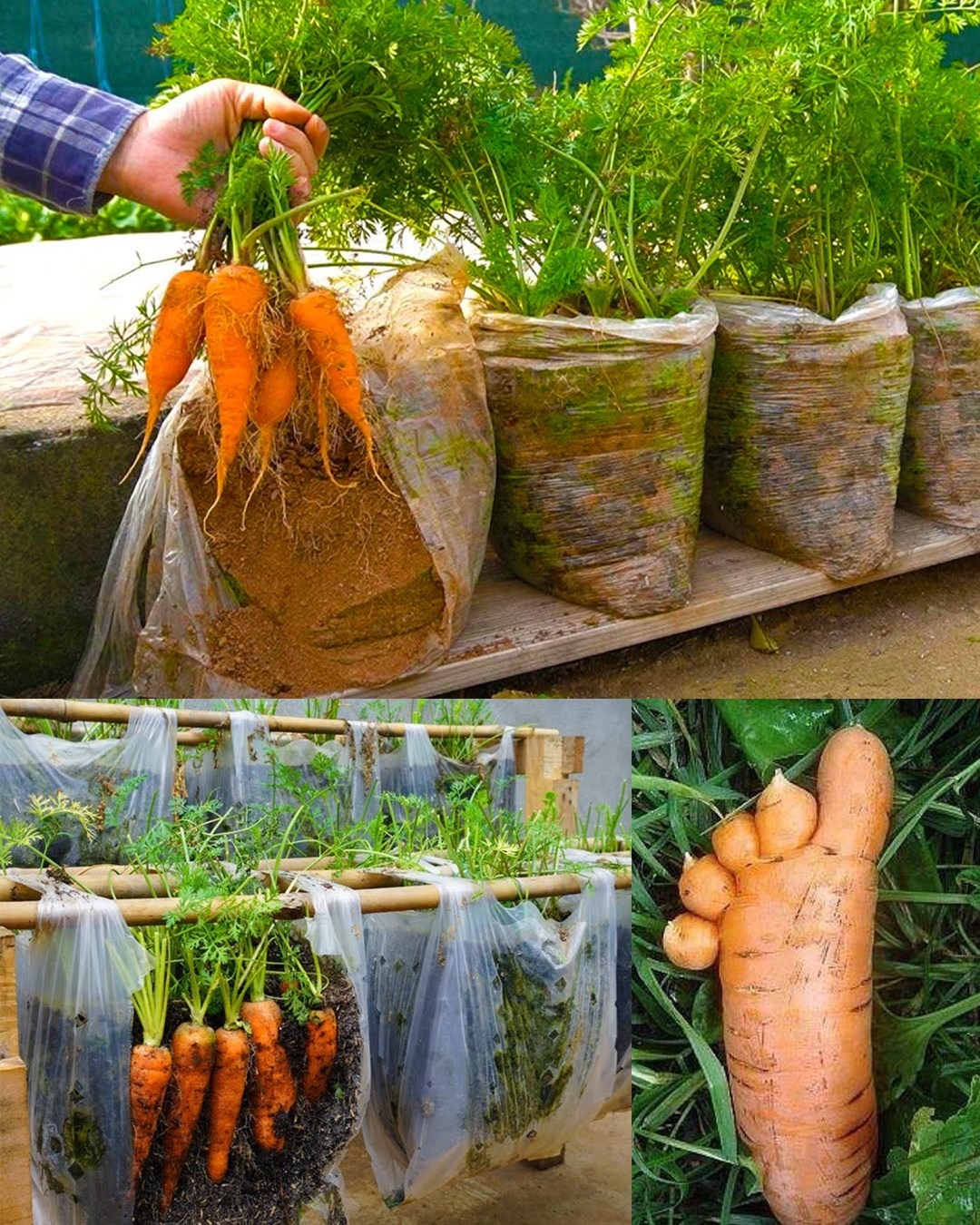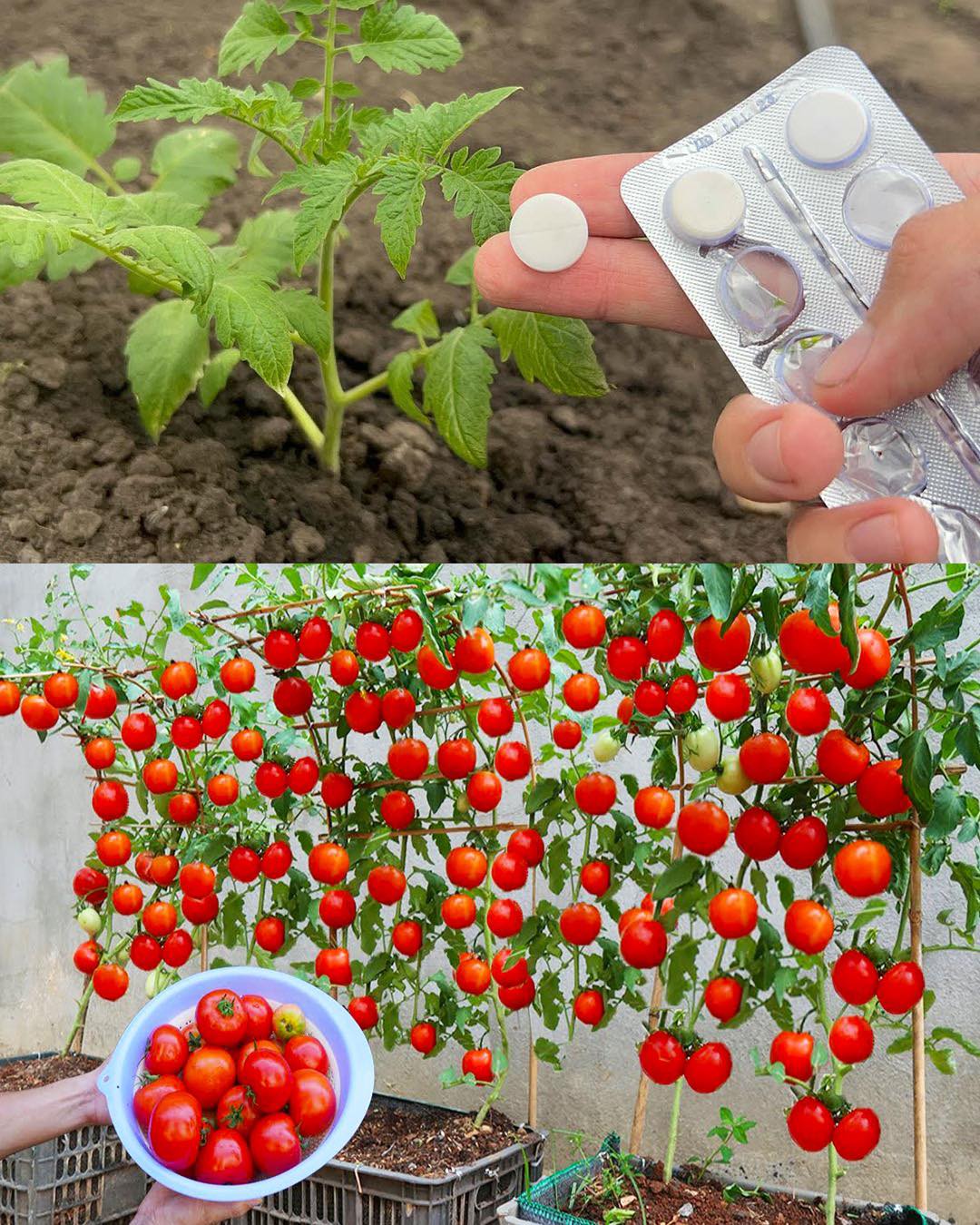Pumpkins are one of the most popular and versatile crops to grow in your garden. They can be used for carving, cooking, decorating, and even feeding your livestock. However, many people may assume growing pumpkins is not as easy as it may seem when it comes to considering different factors such as soil, space, water, pests, and diseases.
In this article, we will guide you through step-by-step instructions on how to plant, care for, and even decorate Halloween pumpkins.
1. WHICH VARIETIES YOU SHOULD CHOOSE?
First, you need to start with a pumpkin variety suitable for your climate and space. Common options include Jack O’Lantern for carving, Sugar Pie for pies, and Cinderella for decorative purposes.
- Jack O’Lantern: They are the most common type of pumpkins used for carving. They have a large, round shape, thick vines, and a bright orange color.
- Sugar Pie: They are also called pie pumpkins, sugar pumpkins, or sweet pumpkins. They are small, round, and dark orange.
- Cinderella: They have a flattened shape, deep ribs, and a reddish-orange color. They resemble the pumpkin that Cinderella’s fairy godmother turned into a carriage.
2. PREPARE THE GARDEN BED
The next step is to choose a sunny spot in your garden with well-draining soil. Work the soil to a depth of at least 12 inches, incorporating compost or well-rotted manure for nutrients.
3. PLANTING
Pumpkin seeds should be planted directly in the garden once the danger of frost has passed and soil temperatures reach 60°F (15°C). You should space seeds or seedlings about 2-4 feet apart, depending on the variety and create hills or mounds to improve drainage.
4. CARE AND MAINTENANCE
Pumpkins require full sun, which means at least 6-8 hours of direct sunlight daily.
Pumpkins are mostly made of water, so they need a lot of it to grow and develop. When watering pumpkins, make sure to water at the base of the plant in the morning to prevent fungal issues and water deeply. It means the water reaches at least six inches below the surface. This will encourage the roots to grow deeper and stronger, and help them access more nutrients and water from the soil. Watering deeply also reduces the need for frequent watering, as the soil will retain more moisture for longer.
Pumpkins have an incredible ability to grow vigorously, so they require a flowing supply of fertilizer. Apply a balanced, all-purpose fertilizer when planting and again when the vines start to spread.
You can also mulch around the base of the plants to retain soil moisture, suppress weeds, and maintain even soil temperature.
Some pumpkin plants require pollinators like bees to set fruit. You can encourage pollination by planting flowers nearby.
5. HARVESTING AND DECORATING
Pumpkin maturity varies by variety but generally takes 75-120 days. They are ready to pick when the fruit should have a uniform color and a hard rind. To harvest massive yellowish pumpkins, use a sharp knife or pruning shears to cut the stem, leaving a few inches attached to the fruit. Do not pull the pumpkin from the vine as this can damage the plant.
After harvesting, you can decorate your pumpkins for Halloween:
- Carving: Cut off the top, scoop out the seeds and pulp, and carve a spooky or creative design. Place a candle or battery-powered light inside for a glowing effect.
- Painting: Use acrylic paints to create unique designs or patterns on the pumpkin’s surface.
- Glitter and Decorations: Apply glue and sprinkle glitter or add stickers, googly eyes, and other decorations.
- Use Props: Add props like spider webs, plastic spiders, or fabric to create themed scenes.
You have learned how to grow pumpkins in your garden, now it’s time to put your knowledge into practice and enjoy the benefits of growing your own pumpkins. Whether you want to carve them for Halloween, cook them for Thanksgiving, decorate them for Christmas, or feed them to your animals, pumpkins are a versatile and rewarding crop that you can grow yourself. Don’t wait any longer, start growing pumpkins today and share your experience with us in the comments below!


